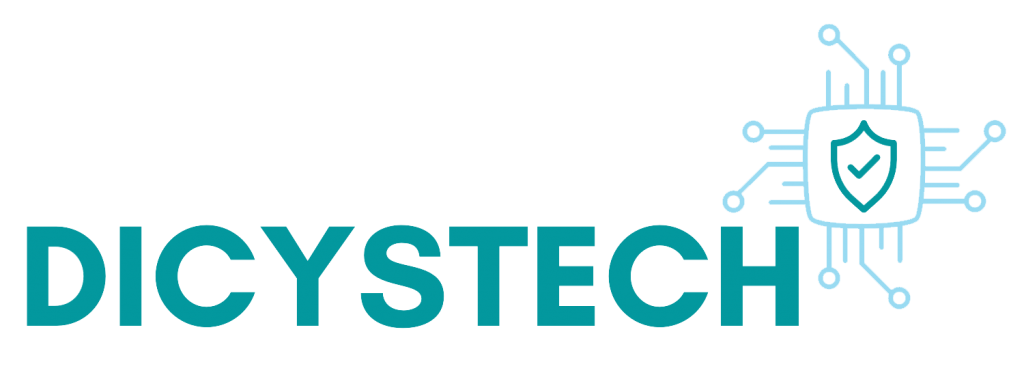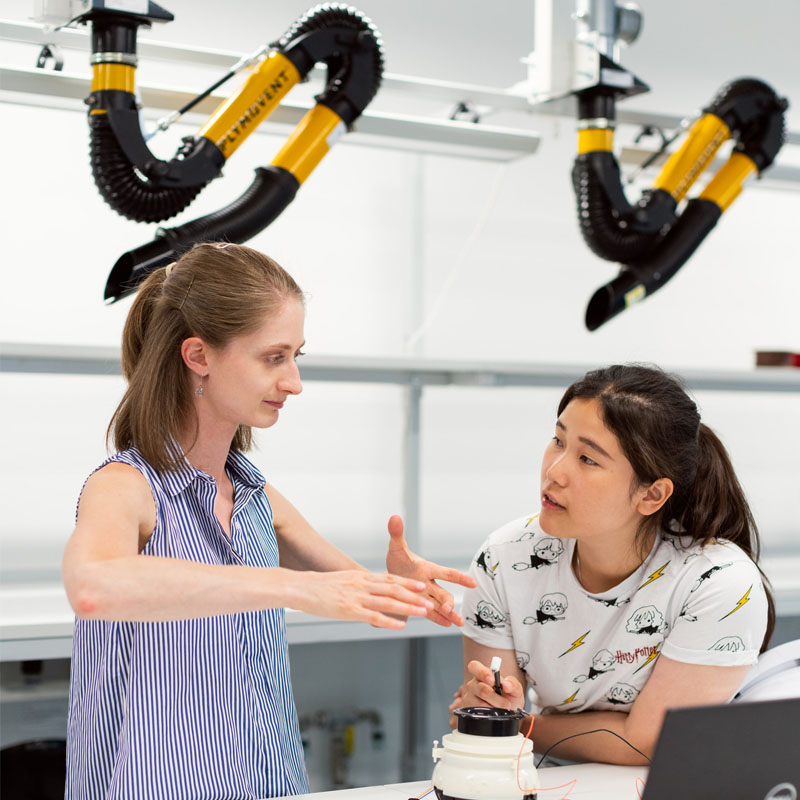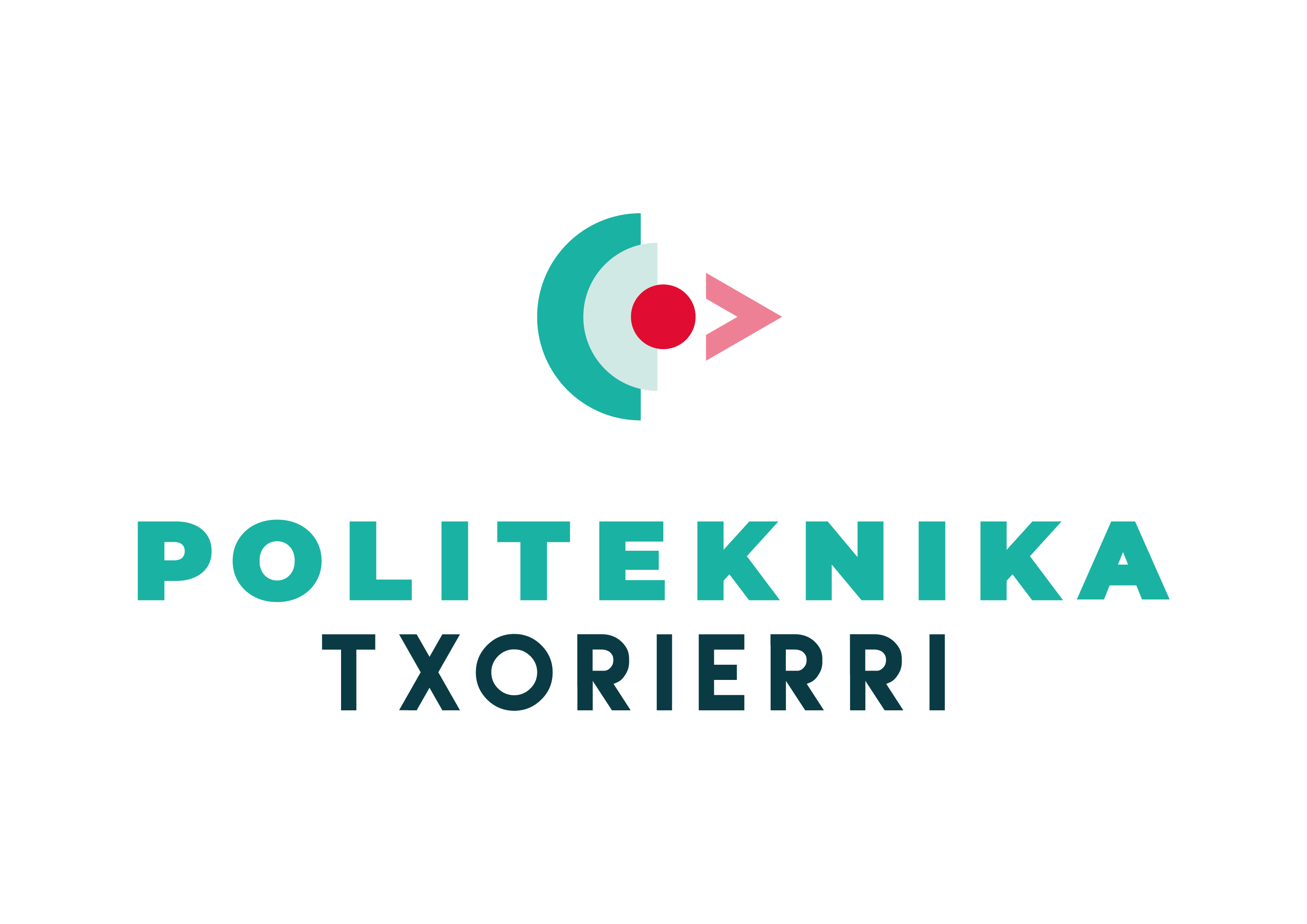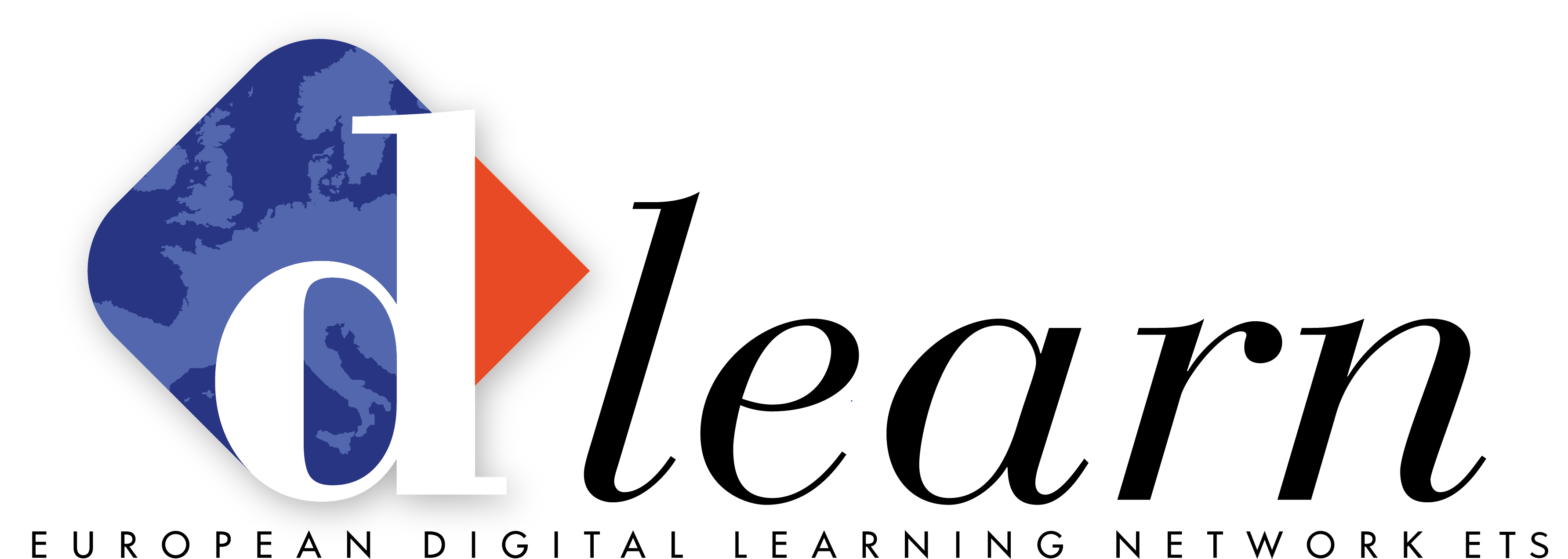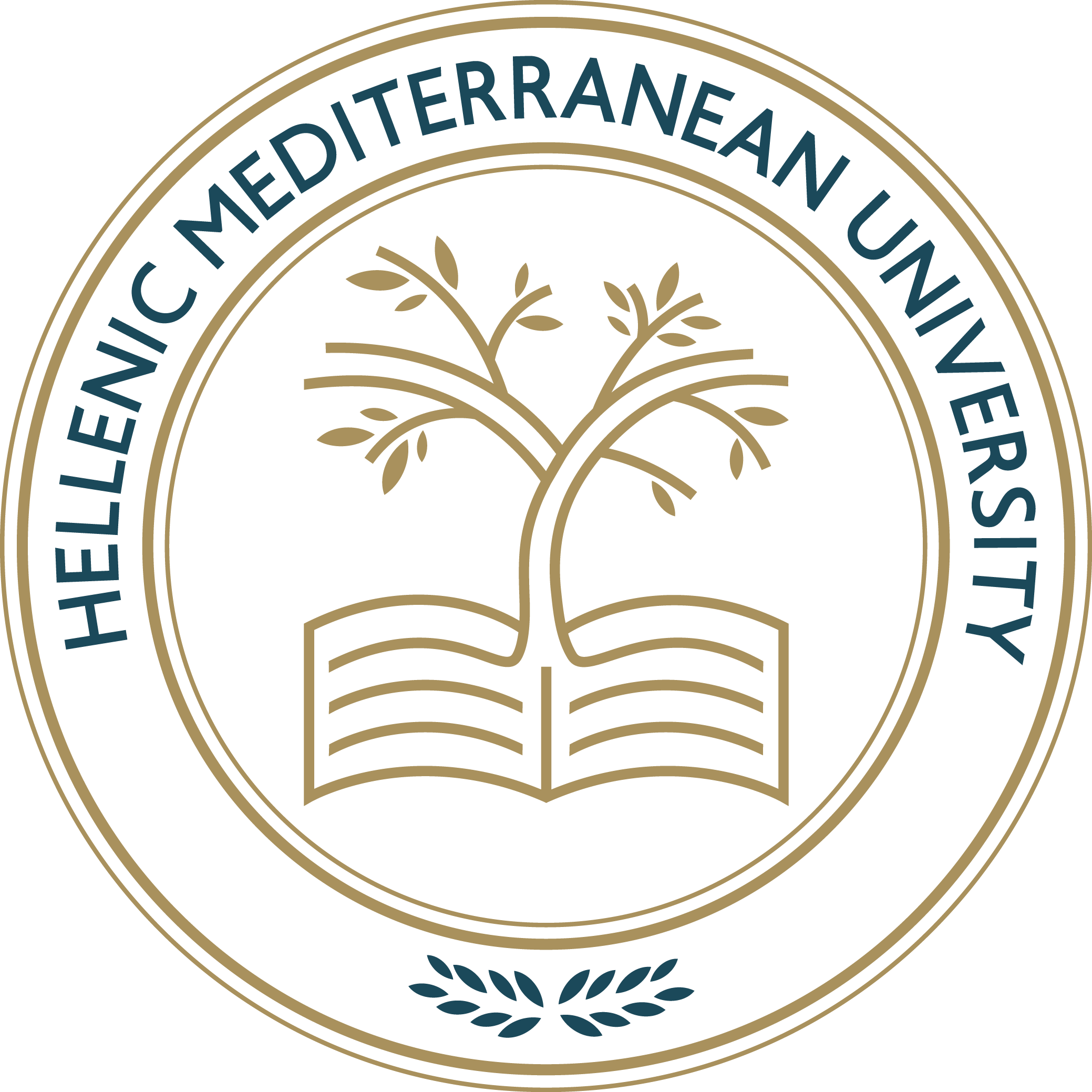ABOUT
DICYSTECH project aims to develop open access training modules and linked cybersecurity remote laboratories for cybersecurity education that serve a double purpose: to meet Industry 4.0 needs and to provide innovative educational practice in the digital era supporting the uptake of innovative digital technologies (such as VLEs) for teaching and learning in HVET.

The Fourth Industrial Revolution is creating a mismatch between available workers and the skills necessary for open jobs, especially concerning CYBERSECURITY: indeed by 2022, the global cybersecurity workforce shortage will reach upwards of 1.8 million unfilled positions and the most acute shortage are for highly skilled technical staff.
The DICYSTECH project aims to tackle this mismatch by providing a digital training course and linked cybersecurity virtual labs for high education students and the retraining of ICT technicians in LLL courses.
Training materials will include:
-
Modules in baseline skills and computer fundamentals as well as penetration testing, secure system design, incident response, and tool development within industrial control systems ICSs.
-
A module in soft skills development specifically oriented for future cybersecurity technicians
-
Hands on practical learning opportunities through access to remote cybersecurity labs via an online DICYSTECH hub.
LET THE NUMBERS SPEAK
Project results
DICYSTECH project will develop 2 Intellectual Outputs. The "DICYSTECH Digital Training Course for students", an innovative and ready to use digital training package for HE/HVET ICT staff with IT students at EQF 5+ in formal education and with adults in upskilling/reskilling training initiatives, and “DICYSTECH HUB of Cybersecurity Labs”, offering users remote access to three fully developed partner cybersecurity laboratories in which learners can view and experiment with high end enabling IT technology and cybersecurity measures in simulated industrial contexts.
Our consortium
The DICYSTECH - Digital Training for Cybersecurity Students in Industrial Fields project, unites five EU partners from Greece, Portugal, Italy and Spain.
